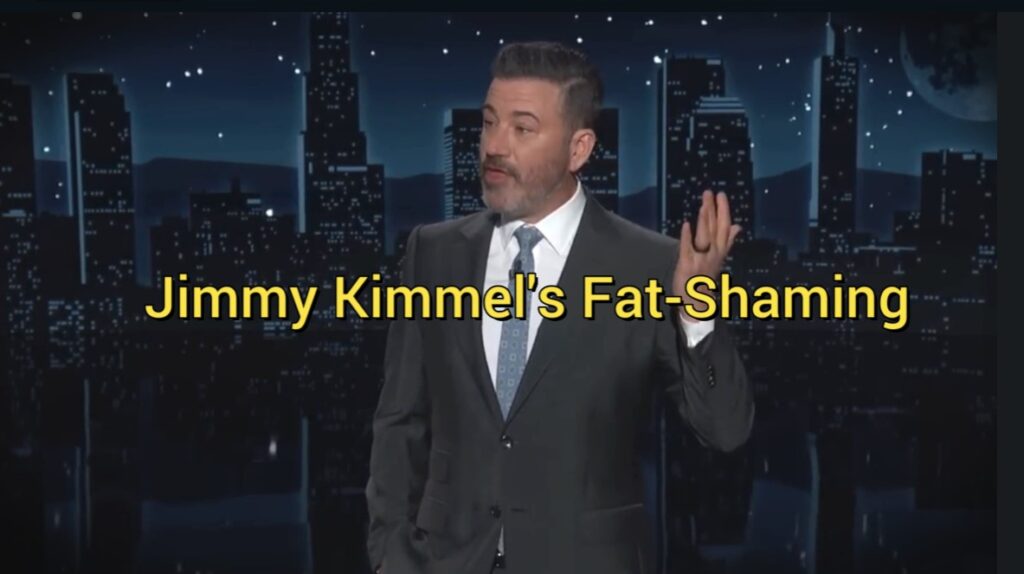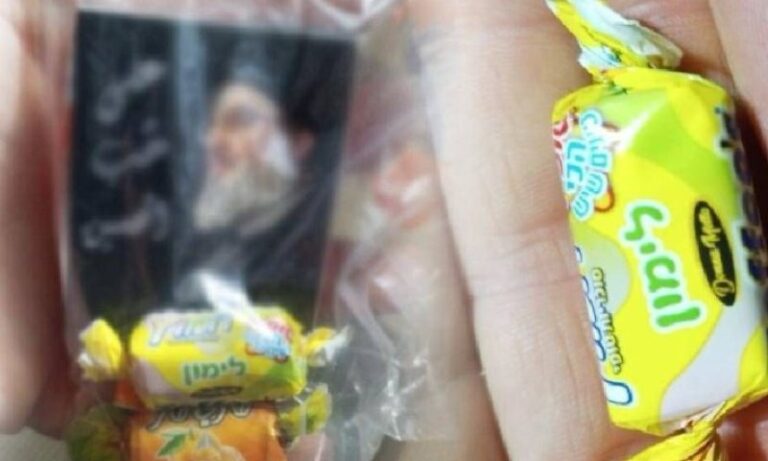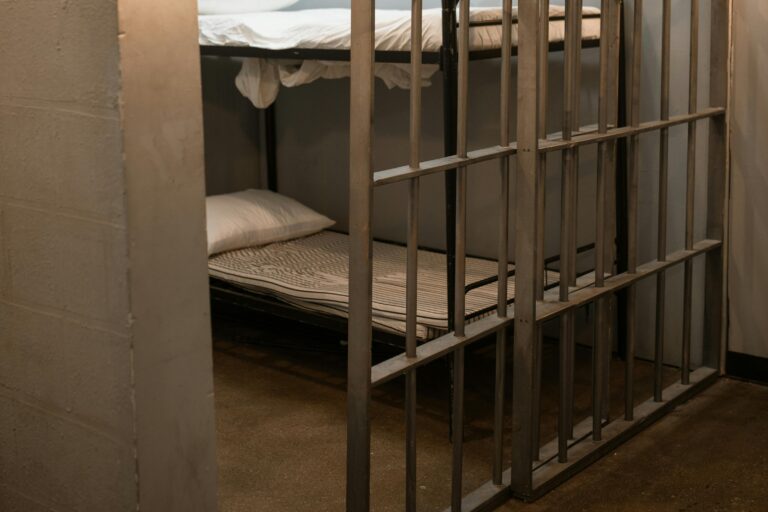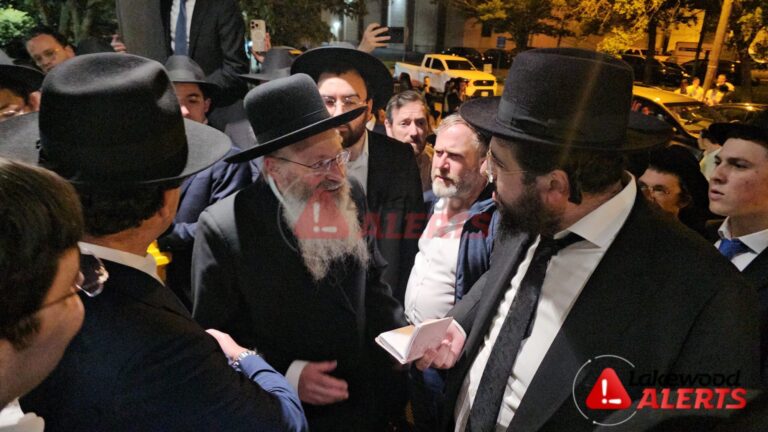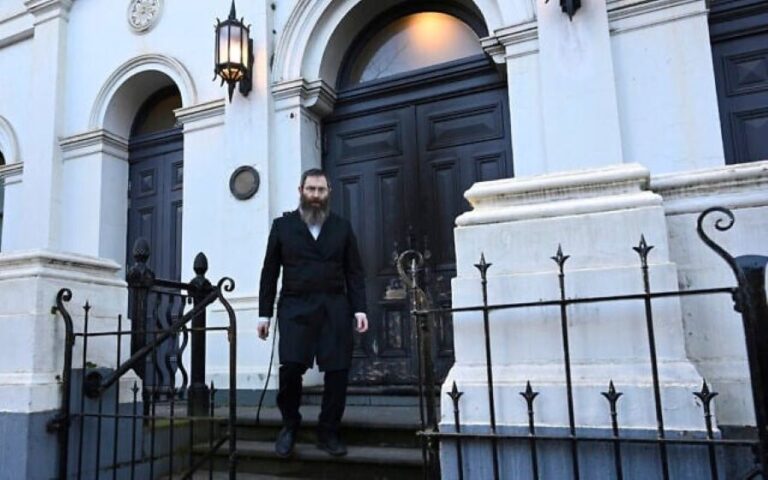By Rabbi Yair Hoffman
Jimmy Kimmel is a comedian who hosts a late-night show. Although popular, he will sometimes hurt people or embarrass them publicly. Recently, he engaged in something called, “Fat-Shaming.” If he discriminated against black people or the LGBT population, the public would be up-in-arms, but to him it is perfevtly okay to fat-shame others. Discrimination is wrong, no matter who it is directed at.
Fat-shaming, or weight discrimination, is something that has long been misunderstood and is a significant problem in America. It has been linked to mental health issues and money problems, but it also negatively affects how likely someone is to become or stay overweight. It is also a violation of the bible and requires an apology.
In a study published at the National Institute of Health, researchers Angelina R. Sutin and Antonio Terracciano looked at data from 6157 Americans. They found that people who experienced weight discrimination were 2.5 times more likely to become overweight over a four-year period. Also, people who were already overweight were three times more likely to stay overweight if they experienced weight discrimination.
This was true even when they took into account things like age, gender, race, and education. It was also specific to weight discrimination – other types of discrimination didn’t have the same effect on weight.
Their research showed that weight discrimination doesn’t just hurt people’s feelings – it also affects their physical health. Instead of encouraging people to lose weight, it actually makes them more likely to gain weight or stay overweight.
There is a verse in the book of Leviticus, the import of which has also been little understood. The verse is Do not wrong one another, but fear your G-d; This commandment refers to verbal abuse and in Hebrew it is called “Onaas Dvarim” or just plain “Onaah.”
THE MAIN REASON
The Sfas Emes, one of the Hasidic masters, explains that the main reason behind this Mitzvah is so that we will all have a sense of complete oneness. Causing another pain was prohibited because it causes division within people.
BIBLICAL FIGURES SUFFERED
The Midrash Rabbah (Bereishis 14:19) explains that Menashe, Joseph’s son was punished for “finding” the goblet in Benjamin’s sack – even though he did so on his father’s instruction. He caused the tribes pain, they ripped their clothes in agony over the fate of Benjamin. The Midrash explains that Menashe’s portion of his inheritance was also ripped.
Rachel, the Matriarch, stole the Teraphim of her father Laban. Her intent, of course, was absolutely proper. She wished to wean her father off of his belief in worshipping idols. Yet the Zohar tells us (VaYeitzei 164b) that she did not merit to raise those whom she loved because she deprived her father of what he loved!
EXAMPLES
Asking someone a question in a subject area where the person being asked does not know the subject well is also a violation of Onaah (See Rambam Hilchos Mechira 14:12). Similarly, inquiring about the price of item where one has no intention at all of purchasing the item is also a violation of Onaah (See Bava Metziah 58b).
EVEN THROUGH INACTION
In discussing this Mitzvah, Rav Yechiel Michel Stern cites the Chikrei Laiv (YD Vol. III #80) that this prohibition could also be violated through inaction. For example, if someone recites a blessing for a number of people but purposefully leaves one person out – he is in violation of this prohibition. A sad aspect of this prohibition is that violators are often unaware that that they are verbally abusing or causing pain. Often they may characterize the recipient of their statement, words or actions as “overly sensitive.”
Different manifestations of Onaas Dvarim include, demonstrating anger at another, name calling, threatening, and blaming one’s own behavior on someone else’s actions. Certain criticisms are also subsumed under the category of Onaas Dvarim as well.
IF ONE VIOLATES IT
What if one violated this prohibition? What must he do? The Talmud (Yuma 87a) tells us that there is an obligation to try to placate him – to undo the damage. The Talmud quotes verses in Proverbs as to what he must do, “Press your plea with your neighbor…” There are opinions that one must “make nice” in a public forum.
The conclusion of all this is that the violation is a very serious one. It is a Mitzvah that has also, somehow, fallen off the wayside. There is another prohibition called Onaas Mamom – monetary abuse. The Talmud (Bava Metziah 58b) quotes three sages who explain how the prohibition of verbal abuse is by far more serious than the prohibitions of monetary abuse.
Jimmy Kimmel should apologize.
The author can be reached at [email protected]

